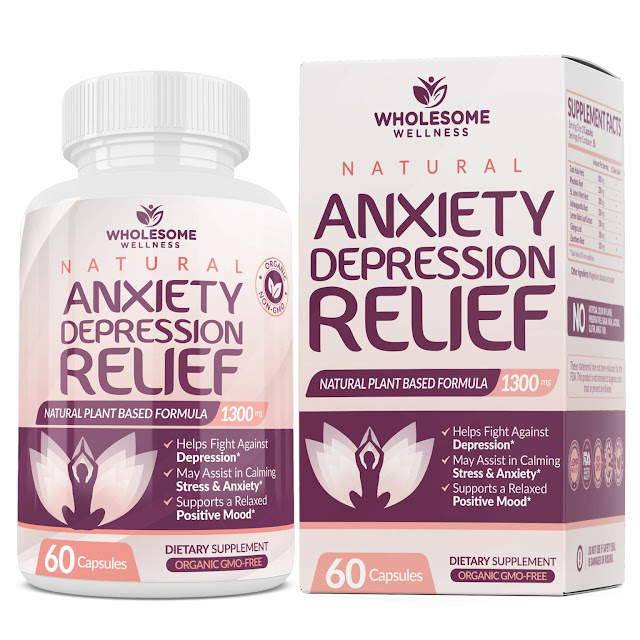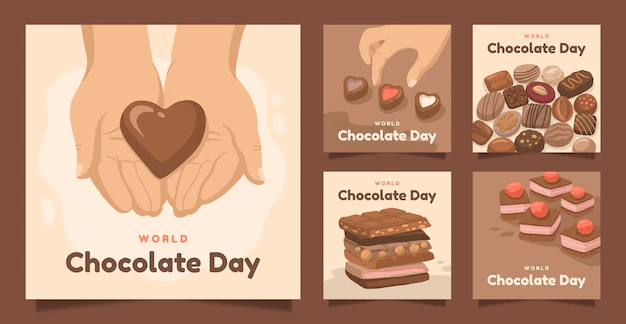Top 10 Medications for Anxiety: Finding Relief through Effective Treatment
Dealing with anxiety can be overwhelming, but fortunately, there are various medications available that can provide much-needed relief. In this comprehensive guide, we will explore the top 10 medications for anxiety, offering insights into their effectiveness and benefits.
By understanding these treatment options, you can work with your healthcare provider to determine the most suitable medication for your specific needs. Remember, it's essential to consult a medical professional before starting any new medication to ensure it aligns with your health condition and overall well-being.
Top 10 Medications for Anxiety
 |
| Medications for Anxiety |
1: Selective Serotonin Reuptake Inhibitors (SSRIs)
SSRIs are a widely prescribed class of medications for anxiety disorders. Examples include escitalopram (Lexapro), sertraline (Zoloft), and fluoxetine (Prozac).
These medications work by increasing the levels of serotonin, a neurotransmitter associated with mood regulation, in the brain.
SSRIs are effective in managing various anxiety disorders, such as generalized anxiety disorder (GAD), panic disorder, and social anxiety disorder.
2: Serotonin-Norepinephrine Reuptake Inhibitors (SNRIs)
SNRIs, such as venlafaxine (Effexor) and duloxetine (Cymbalta), also impact the levels of serotonin and norepinephrine in the brain.
By regulating these neurotransmitters, SNRIs can help alleviate anxiety symptoms. They are commonly prescribed for generalized anxiety disorder, as well as depression-related anxiety.
3: Benzodiazepines
Benzodiazepines, including diazepam (Valium), lorazepam (Ativan), and alprazolam (Xanax), are fast-acting medications that provide immediate relief for anxiety symptoms.
They work by enhancing the effects of the neurotransmitter GABA, producing a calming effect on the central nervous system.
Benzodiazepines are typically prescribed for short-term use due to the risk of dependence and potential side effects.
4: Buspirone
Buspirone (BuSpar) is an anti-anxiety medication that works by interacting with serotonin receptors in the brain.
It is commonly prescribed for generalized anxiety disorder and is known for having fewer sedating effects compared to benzodiazepines.
Buspirone may take several weeks to reach its full effectiveness and is often used as a long-term treatment option.
5: Beta-Blockers
While primarily used to treat high blood pressure, beta-blockers like propranolol (Inderal) can also be helpful in managing anxiety symptoms.
They work by blocking the effects of adrenaline, reducing the physical symptoms of anxiety such as rapid heartbeat, trembling, and sweating.
Beta-blockers are often prescribed for situational anxiety, such as before a public speaking engagement or an important event.
6: Tricyclic Antidepressants (TCAs)
Tricyclic antidepressants, such as imipramine (Tofranil) and nortriptyline (Pamelor), are an older class of medications that can be effective in treating anxiety disorders.
They work by increasing the levels of serotonin and norepinephrine in the brain. TCAs are generally prescribed when other medications have not provided sufficient relief or in cases where anxiety coexists with depression.
7: Hydroxyzine
Hydroxyzine (Vistaril) is an antihistamine with anxiolytic properties commonly used for the treatment of anxiety.
It works by blocking certain histamine receptors in the brain, resulting in a calming effect. Hydroxyzine is often prescribed for short-term relief of anxiety symptoms or as a preoperative sedative.
8: Gabapentinoids
Gabapentinoids, such as gabapentin (Neurontin) and pregabalin (Lyrica), are primarily used to manage seizures and neuropathic pain.
However, they have also shown effectiveness in treating certain anxiety disorders, such as generalized anxiety disorder and social anxiety disorder.
Gabapentinoids work by modulating the release of certain neurotransmitters involved in anxiety regulation.
9: Monoamine Oxidase Inhibitors (MAOIs)
MAOIs, including phenelzine (Nardil) and tranylcypromine (Parnate), are older antidepressants that can be prescribed for severe anxiety disorders.
They work by inhibiting the enzyme monoamine oxidase, which regulates the levels of neurotransmitters like serotonin, norepinephrine, and dopamine.
MAOIs are typically reserved for cases where other treatments have been ineffective due to dietary restrictions and potential interactions with other medications.
10: Antipsychotics:
In some cases, antipsychotic medications may be prescribed off-label for the treatment of anxiety disorders. Examples include quetiapine (Seroquel) and olanzapine (Zyprexa).
These medications work by modulating dopamine and serotonin receptors in the brain, helping to reduce anxiety symptoms.
Antipsychotics are typically used when anxiety coexists with other mental health conditions, such as bipolar disorder or schizophrenia.
Conclusion:
Finding the right medication for anxiety is a highly individualized process that requires consultation with a healthcare professional.
The top 10 medications for anxiety, including SSRIs, SNRIs, benzodiazepines, buspirone, beta-blockers, TCAs, hydroxyzine, gabapentinoids, MAOIs, and antipsychotics, offer various options to address different types of anxiety disorders.
It's important to consider factors such as the specific anxiety disorder, individual response, potential side effects, and the presence of any coexisting conditions when choosing the appropriate medication.
Remember, medication alone may not be the sole solution for managing anxiety. It is often combined with therapy, lifestyle changes, and self-care practices to achieve optimal results. By working closely with your healthcare provider, you can develop a comprehensive treatment plan that addresses your unique needs and supports your journey towards anxiety relief and overall well-being.


Comments
Post a Comment